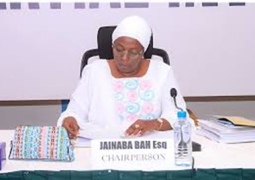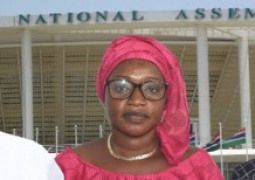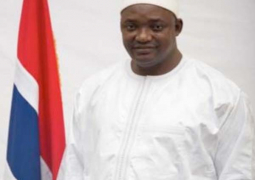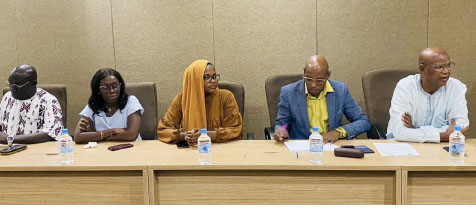
Presenting the challenges before the committee, Kebba Jome, head of programmes, said this is due to delay in forensic identification of the victims.
Highlighting the challenges faced by the VC, Mr Jome said that there are delays in the establishment of the Reparations Commission to settle outstanding reparations due to victims.
Kebba Jome further noted that the delay in the establishment of the Reconciliation Commission is also impacting the healing process and the closure of victims.
He pointed out that the centre lacks funds to continue the provision of medical and educational support to victims.
“Non-functional psychosocial support unit due to funding constraints is affecting the PSS services the VC has been providing since its inception,” he also stated.
He flagged that women are generally underrepresented and marginalised as far as the on-going Transitional Justice process is concerned.
“Due to limited funds, there is limited engagement with women and other women groups limiting access to information and resources.”
He called for the continuous partnership of the government and other victim-led organisations to ensure justice for victims.
He urged the government to collaborate through the Ministry of Justice (MoJ) to ensure that all exhumed bodies of the November 11th victims lying at the EFSTH are forensically identified and handed to their respective families.
Aisha Jammeh, programme officer, at VC, said the government gave D50 million as compensation to victims when TRRC was about to wrap up. She added that amount covered many aspects of compensation.
“We cannot tell the source of the D50 million, but
D23 million was spent on victims that needed medical treatment overseas in Turkey, and the remaining 37 million was distributed among the rest of the identified victims as reparations,” she revealed.
She recalled that the government was supposed to give to the TRRC D268 million purposely for reparations, “but only 50 million is given.”
Read Other Articles In Headlines
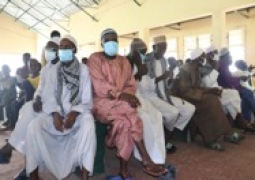
Sare Gubu Basirou residents want monthly health facility to standard health centre
Aug 25, 2022, 12:40 PM
